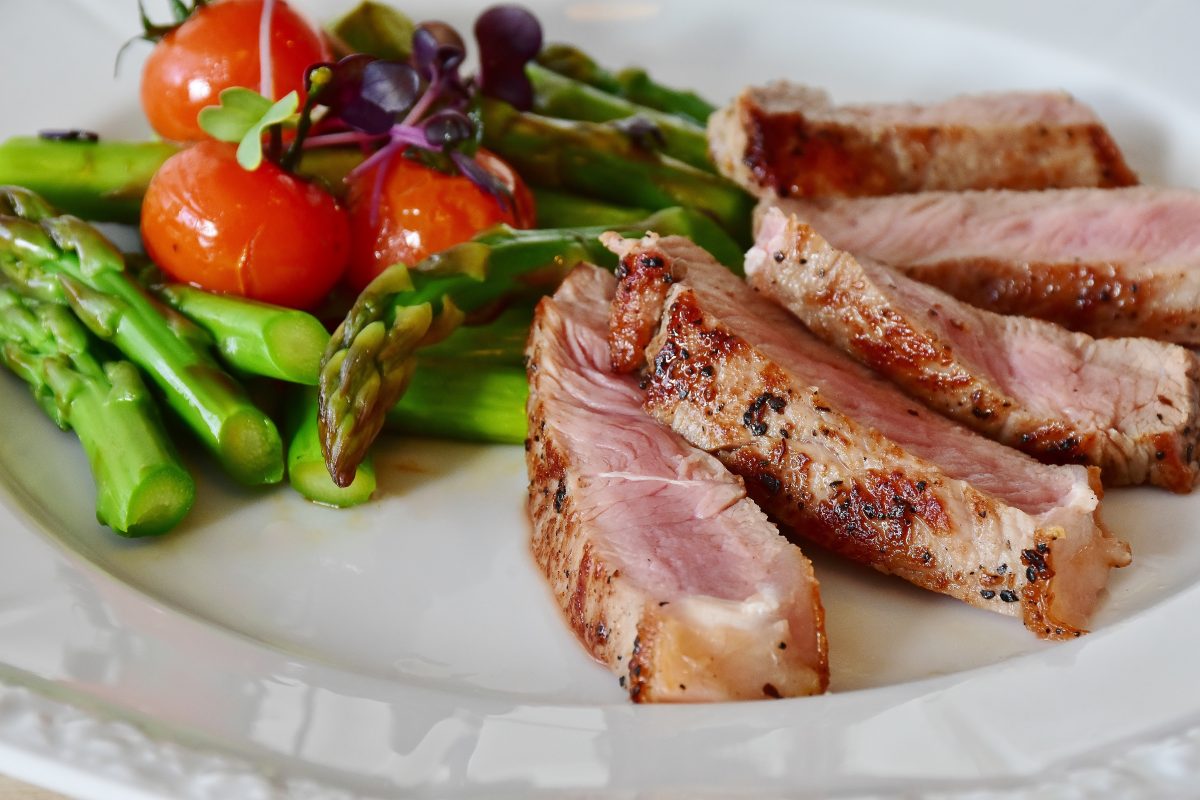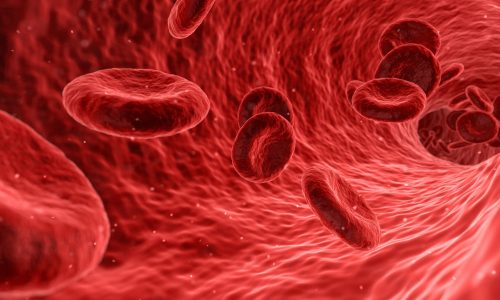
6 Reasons to Include Zinc in Your Diet
Lori Alton via NaturalHealth365 – While coverage of the COVID-19 pandemic continues to dominate headlines in the United States, the fact is: heart disease and cancer remain the number one and number two causes of death in the nation. Unfortunately, much of the research about zinc benefits have been ignored by the mainstream medicine and conventionally-trained physicians. Hopefully, this report can help to change all of that.
Today, we’ll focus our attention on how zinc can help the fight free radical damage, minimize the risk of cellular dysfunction and greatly improve immune system performance.
Study: How Zinc Improves Immune System Function and Speeds Up Your Ability to Regain Your Health
Researchers have learned that zinc promotes immune system function by strengthening epithelial barriers, boosting cellular immunity and activating the T-lymphocytes which attack and kill infected cells.
And, a recent review published in the American Journal of Tropical Medicine and Hygiene concluded that zinc supplementation is associated with significant reduction in the duration of the common cold. The researchers noted that zinc reduced the length of colds and flu by over 52 hours.
In other words, zinc supplementation can rescue cold and flu sufferers from two whole days of sniffling, sneezing, achy misery -quite a reprieve! Important to note: in order to ease cold and flu symptoms most effectively, zinc should be taken at the first sign of illness.
Discover the Great Antioxidant Effects of This Valuable Mineral
Zinc is a potent antioxidant that scavenges free radicals which would otherwise damage lipids, proteins and cell DNA in the body, potentially triggering disease. This essential micronutrient is also a key constituent of superoxide dismutase, a natural antioxidant enzyme linked with longevity.
In one placebo-controlled study published in the American Journal of Clinical Nutrition and involving healthy adults aged 55 to 87 years, the researchers found that markers of oxidative stress – such as inflammatory cytokines and endothelial cell adhesion molecules – were substantially lower in participants who were given zinc.
This translated into concrete disease-fighting benefits, with the zinc group demonstrating significantly lower rates of infections when compared to the placebo group. And the good news about zinc keeps on coming.
It turns out that zinc benefits the heart, as well.
It’s Time to Be Good to Your Heart Function
Zinc is important for the health of the endothelium – the fragile, all-important layer of cells lining blood vessels.
In addition to supporting endothelial function and healthy circulation, zinc supplementation has been shown to reduce the risk of artery-clogging atherosclerosis – thereby helping to prevent heart attack and stroke.
Promising Research for All Those Concerned About Cancer Cell Growth
Esophageal cancer is a particularly lethal form of cancer, with The American Cancer Society estimating that over 16,000 people will lose their lives to the disease in the United States in 2020 alone. But recent research on zinc has yielded encouraging results.
In a study published in FASEB (the journal of the Federation of American Societies for Experimental Biology), researchers found that zinc can arrest the growth of esophageal cancer cells while leaving healthy cells unharmed.
The scientists noted that zinc works by interfering with overactive calcium signaling in cancer cells. Other research has demonstrated that zinc can help halt the growth of prostate cancer cells.
Don’t Ignore the Health Dangers of Fatty Liver Disease
With up to 40 percent of Americans living with some form of nonalcoholic fatty liver disease (NAFLD), this once little-known condition is now at epidemic proportions in the United States. Zinc lends the liver a helping hand by reducing inflammation, decreasing free radical damage, promoting nutrient absorption and facilitating elimination of waste.
In an influential placebo-controlled study conducted in 2018, researchers gave supplemental zinc to participants with chronic liver disease, including hepatitis B, hepatitis C, nonalcoholic steatohepatitis (a possible complication of NAFLD) and alcohol-related cirrhosis of the liver.
After 36 months, the zinc group showed lower levels of inflammatory markers and better liver function. But, that’s not all.
The zinc group also had a lower risk of developing hepatocellular carcinoma, a deadly liver cancer that can result from chronic liver disease.
Health warning: Zinc Deficiencies Increase the Risk of Unwanted Health Issues
Of course, an obvious (no-brainer!) reason for consuming healthy levels of zinc is to protect against deficiencies. According to Oregon State University, 12 percent of the American population is at risk for zinc deficiency. In elderly people, the risk increases to a shocking 40 percent.
And, the consequences can be grave.
Zinc deficiency can cause increased susceptibility to many chronic degenerative diseases – along with anemia, impotence, cognitive problems and slowed wound healing. Zinc deficient infants are at a higher risk of both pneumonia and diarrhea.
According to a review published in Archives of Biochemistry and Biophysics, zinc shortfalls cause impaired formation and activation of disease-fighting lymphocytes. And, several studies have shown that zinc deficiency encourages tumor growth and promotes the production of pro-inflammatory molecules.
Protect Your Health With Sufficient Zinc Intake
Diets that exclude grass-fed meats, wild seafood and pasture-raised eggs may be low in zinc, leaving vegetarians and vegans are at particular risk for deficiency. Along with elderly people, others at risk include those with chronic digestive disorders, athletes or any person that sweats heavily.
Classic symptoms of zinc deficiency include brittle nails, white spots on the fingernails, hair loss, fatigue and impaired memory and concentration. Lowered sex drive, adult acne and decreased sense of smell and taste can also indicate a shortage of zinc.
While the Institute of Medicine advises a zinc RDA of 11 mg a day for men and 8 mg a day for women, many natural health experts recommend more generous amounts. If you would like to try supplementing with zinc, talk to your integrative healthcare provider for guidance.
You can boost your dietary intake of zinc with grass-fed beef, wild-caught salmon, sardines, poultry, chickpeas, cashews, pumpkin seeds, yogurt, eggs and mushrooms.
The fact is: zinc benefits are simply too far-reaching and powerful to overlook. It’s well worth taking the time to make sure that you are “up to speed” on this life-sustaining mineral.
Sources for this article include: NIH.gov, Springer.com, LifeExtension.com, NIH.gov






